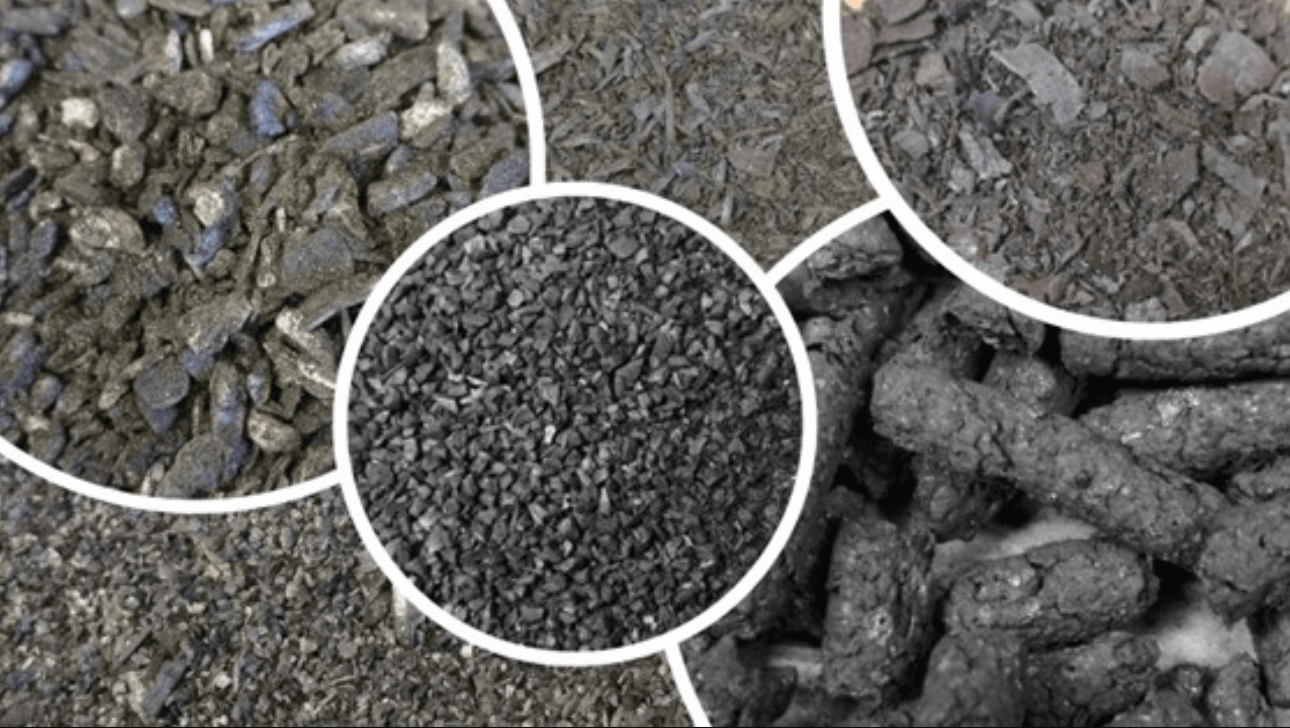The bible is no longer the only place where you’ll read testimonies about a virgin birth.
In a new study published in the Proceedings of the National Academy of Sciences on [March 7], researchers at Shanghai Jiao Tong University report the results of a new experiment where they were able to make a female mouse give birth to a baby mouse that grew from an unfertilized egg—something that has never before been accomplished in mammals.
In the wild, this form of reproduction is a common sight among invertebrates like worms and honey bees; and sometimes among vertebrates like sharks, California condors, and anacondas. But parthoneogenesis isn’t natural for mammals, due to what’s called genomic imprinting.
…
“I think there are people who will look at this and say, ‘Oh, is this going to replace reproduction? Get rid of men?’ No, it’s not,” [molecular biologist Marisa] Bartolomei, who also was not involved in the study, told The Daily Beast.
But what the new study may do is help scientists study a family of congenital diseases caused by genomic imprinting, like Prader-Willi syndrome (where children are born with a constant sense of hunger and developmental issues), or Beckwith-Wiedemann syndrome (a disorder that is characterized by a childhood risk for cancer).
































